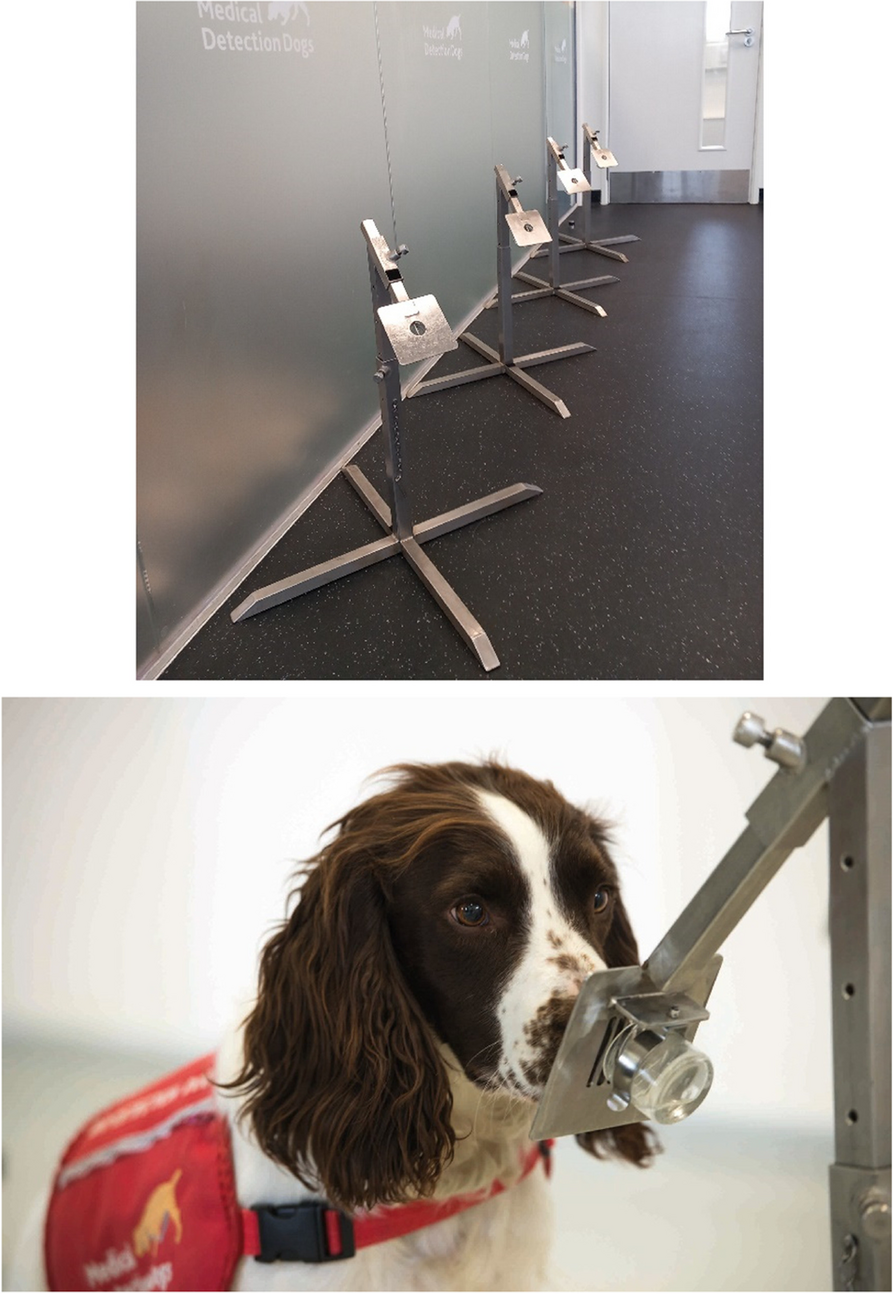67
Trained dogs can detect canine urothelial carcinoma of the bladder - Veterinary Oncology
veterinaryoncology.biomedcentral.comDog have been trained to detect a variety of human cancers. However, studies examining their ability to find canine cancer are sparse and show variable results. Whilst dogs were shown to be successful at detecting malignant tumors from saliva samples, they were previously unsuccessful at finding canine urothelial carcinoma (UC) from urine. We used advanced training methods to explore if dogs can accurately detect urothelial carcinoma (UC) from canine urine.Urine samples from healthy dogs without urinary tract abnormalities (control), with non-malignant urinary tract disease (control), and with UC (positive) were collected prospectively. Urothelial carcinoma was diagnosed using cytology and/or histopathology. All dogs were naïve of chemotherapy, underwent bladder ultrasound and urinalysis. Residual urine remaining after conventional diagnostic procedures was frozen in glass jars until analysis and used for dog training and testing.Three dogs previously trained to detect human cancer underwent up to 29 days of additional training. They were each presented with 20 control samples (from either 13 or 14 unique individuals), 10 UC positive samples (from between 5 and 7 individuals), in a double-blind trial and their behavioral responses recorded.When considering only unique donor dogs, a mean of 66.7% (range 40–85.7%) of UC were correctly indicated and a mean of 87.5% (range 78.6–92.3%) were correctly ignored. The overall sensitivity (considering all samples) was 80% (range 70–90%), and specificity was 91.7% (range 85–95%). This study suggests that, when using appropriate methods, dogs can be trained to detect canine UC from urine and could serve as an additional non-invasive diagnostic test for the disease.
You must log in or # to comment.
Worst job ever.



